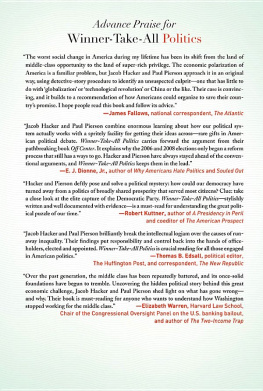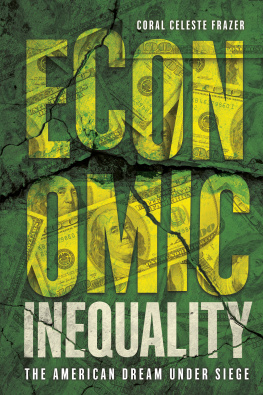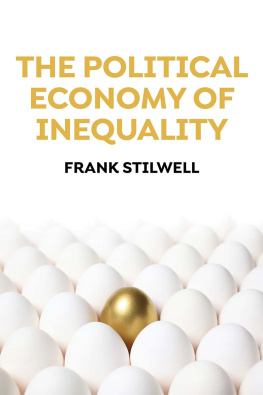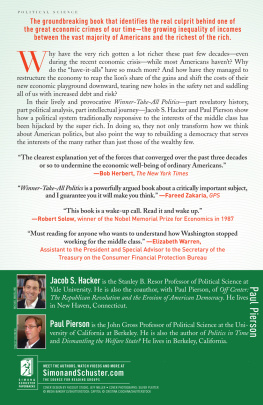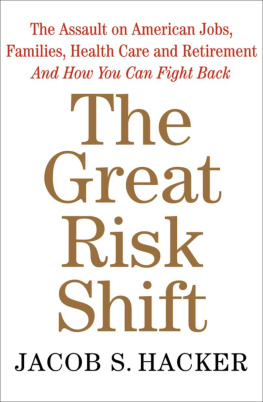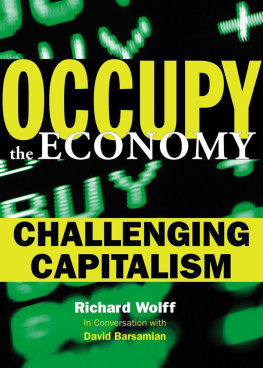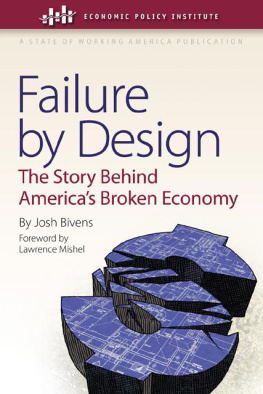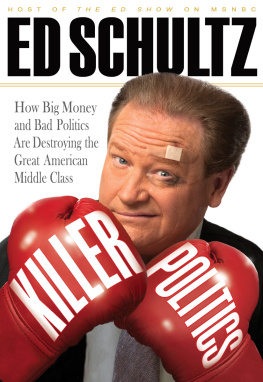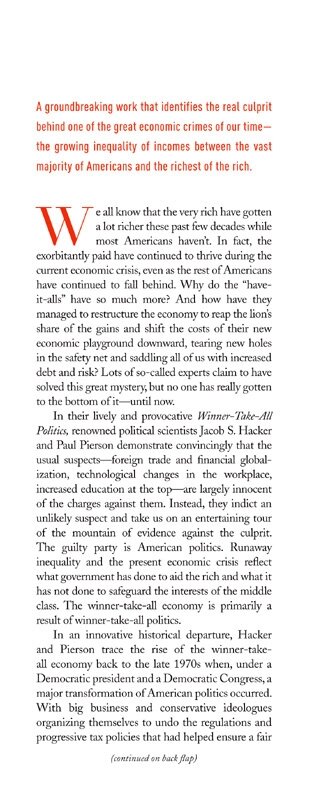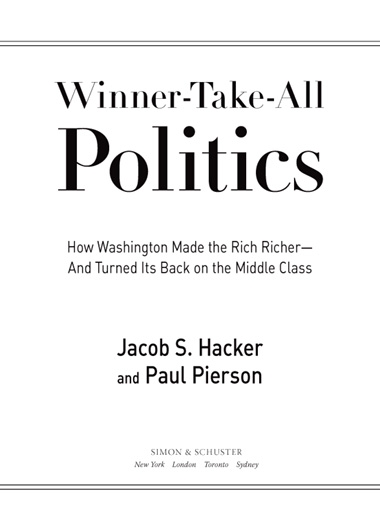
Also by Jacob S. Hacker and Paul Pierson
Off Center: The Republican Revolution
and the Erosion of American Democracy
Also by Jacob S. Hacker
The Great Risk Shift: The New Economic Insecurity and the Decline of the American Dream
The Divided Welfare State: The Battle over Public and Private
Social Benefits in the United States
The Road to Nowhere: The Genesis of President Clintons Plan
for Health Security
Also by Paul Pierson
Politics in Time: History, Institutions and Social Analysis
Dismantling the Welfare State?
Reagan, Thatcher, and the Politics of Retrenchment

| Simon & Schuster
1230 Avenue of the Americas
New York, NY 10020
www.SimonandSchuster.com |
Copyright 2010 by Jacob S. Hacker and Paul Pierson
All rights reserved, including the right to reproduce this book or
portions thereof in any form whatsoever. For information address
Simon & Schuster Subsidiary Rights Department,
1230 Avenue of the Americas, New York, NY 10020.
First Simon & Schuster hardcover edition September 2010
SIMON & SCHUSTER and colophon are registered trademarks
of Simon & Schuster, Inc.
For information about special discounts for bulk purchases,
please contact Simon & Schuster Special Sales at
1-866-506-1949 or business@simonandschuster.com.
The Simon & Schuster Speakers Bureau can bring authors
to your live event. For more information or to book an event,
contact the Simon & Schuster Speakers Bureau at 1-866-248-3049
or visit our website at www.simonspeakers.com.
Designed by Joy OMeara
Manufactured in the United States of America
10 9 8 7 6 5 4 3 2 1
Library of Congress Cataloging-in-Publication Data
Hacker, Jacob S.
Winner-take-all politics : how Washington made the rich richer-and
turned its back on the middle class / Jacob S. Hacker and Paul Pierson.
p. cm.
Includes bibliographical references and index.
1. EqualityUnited States. 2. CapitalismUnited States.
3. United StatesEconomic policy. 4. United StatesPolitics
and Government19451989. 5. United StatesPolitics and
government1989. I. Pierson, Paul. II. Title.
HN89.S6H33 2010
306.3'42097309045dc22 2010014515
ISBN 978-1-4165-8869-6
ISBN 978-1-4165-9384-3 (ebook)
To our childrenAva and Owen, Sidra and Seth
inheritors of a hopefully stronger America
The Thirty-Year War
For those working on Wall Street, 2009 was a very good year. At the thirty-eight biggest companies, investors and executives earned a staggering $140 billion in allthe highest number on record.
What made the 2009 payouts so shocking wasnt the numbers themselves. It was what they said about the American economyand American government. The Wall Street of well-heeled bankers was thriving, while the Main Street of ordinary workers struggled amid the worst economic downturn since the Great Depression. And Wall Street was thriving because less than two years before it had received hundreds of billions in federal bailout money, along with less visible but far more massive indirect assistance from the Federal Reserve. In the wake of the financial crisisa crisis prompted in no small part by banks reckless practicesgovernment had shoveled cash in the front doors of the nations leading financial institutions to avert catastrophe. Now Goldman and other big firms were, in essence, discreetly but steadily shoveling a large share of that cash out the back doors into employees private accounts.
For the very top earners, the payouts were actually less ostentatious than usual, lest they make more conspicuous the scale of the unexpected riches. Big paychecks looked bad, after all, when the rest of the economy was staggering, and when Wall Street lobbyists were ferociously battling proposed reforms of the financial system to clip the banks wings and forestall another bailout. Out, fo
State and local governments faced with unprecedented budget deficits were slashing gaping holes in the safety net, raising taxes, and threatening to lay off hundreds of thousands of teachers. Leading economists suggested it would be years before the country returned to full employment. The human tollin shattered careers, disrupted families, and lost securitywas incalculable.
These two starkly divergent tales of 2009 represent just the most recent and painful chapter of a longer story. Over the last generation, more and more of the rewards of growth have gone to the rich and superrich. The rest of America, from the poor through the upper middle class, has fallen further and further behind. Like Wall Streets deep-pocketed denizens in 2009, the very richest of Americans have shot into the economic stratosphere, leaving middle- and working-class Americans to watch their fortunate fellowmens ascent while remaining firmly planted on economic terra firma. In the phrase that leads this books title, the American economy has become winner-take-all.
s right: More than 50 cents of every dollar in additional income pocketed by Americans over this half decade accrued to the richest 1 in 100 households.
These mind-boggling differences have no precedent in the forty years of shared prosperity that marked the U.S. economy before the late 1970s. Nor do they have any real parallel elsewhere in the advanced industrial world. A generation ago, the United States was a recognizable, if somewhat more unequal, member of the cluster of affluent democracies known as mixed economies, where fast growth was widely shared. No more. Since around 1980, we have drifted away from that mixed-economy cluster, and traveled a considerable distance toward another: the capitalist oligarchies, like Brazil, Mexico, and Russia, with their much greater concentration of economic bounty. Of course, the United States is far richer than these oligarchic nations. But, contrary to the rhetoric of inequalitys apologists, it has not grown consistently more quickly than other rich democracies that have seen little or no tilt toward winner-take-all. Americas runaway rewards for the affluent have not unleashed an economic miracle whose rewards have generously filtered down to the poor and middle class.

